Pride: Church Celebrates Christ, Pride And Progressive Culture
Church Celebrates Christ, Pride And Progressive Culture
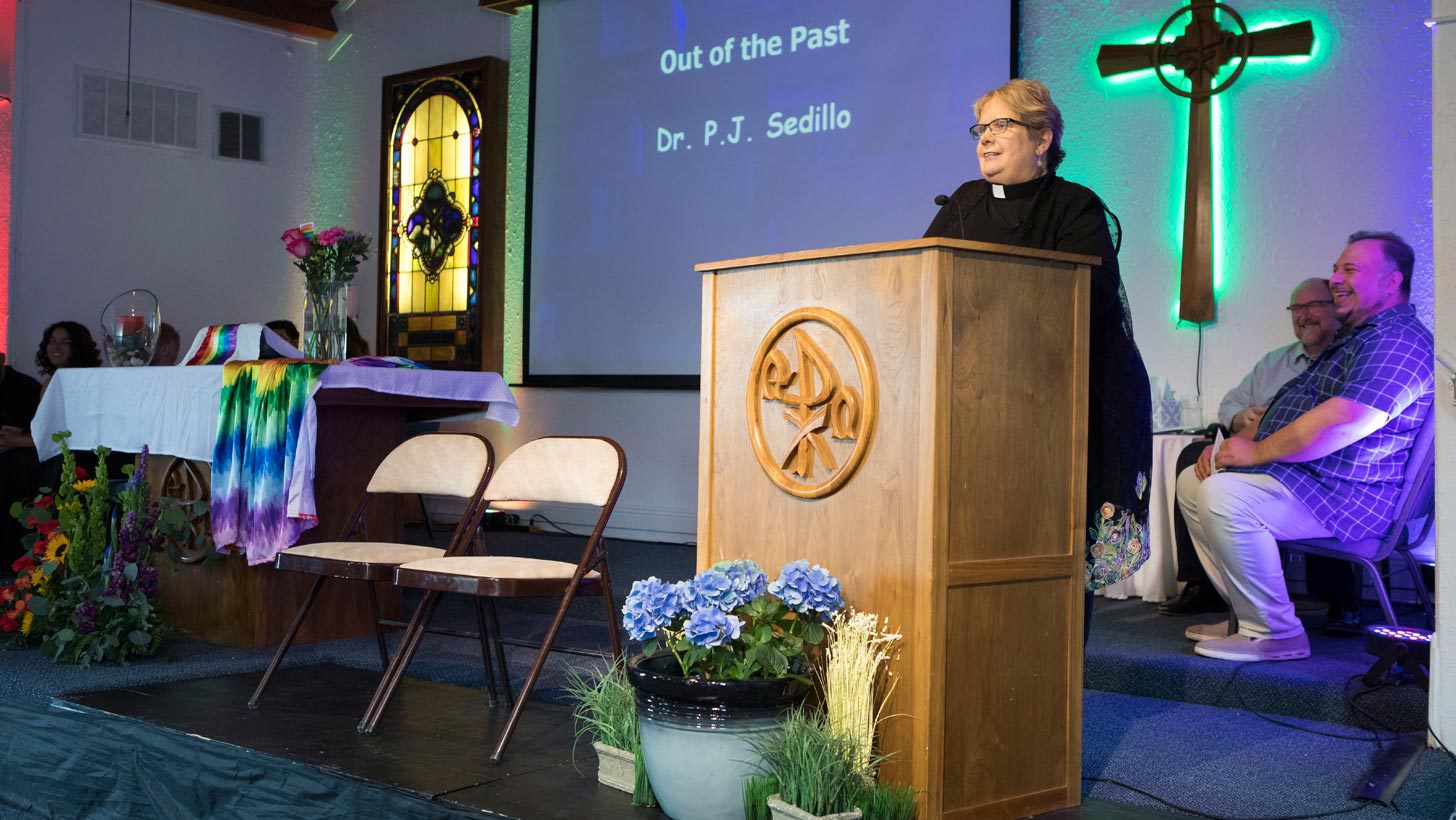
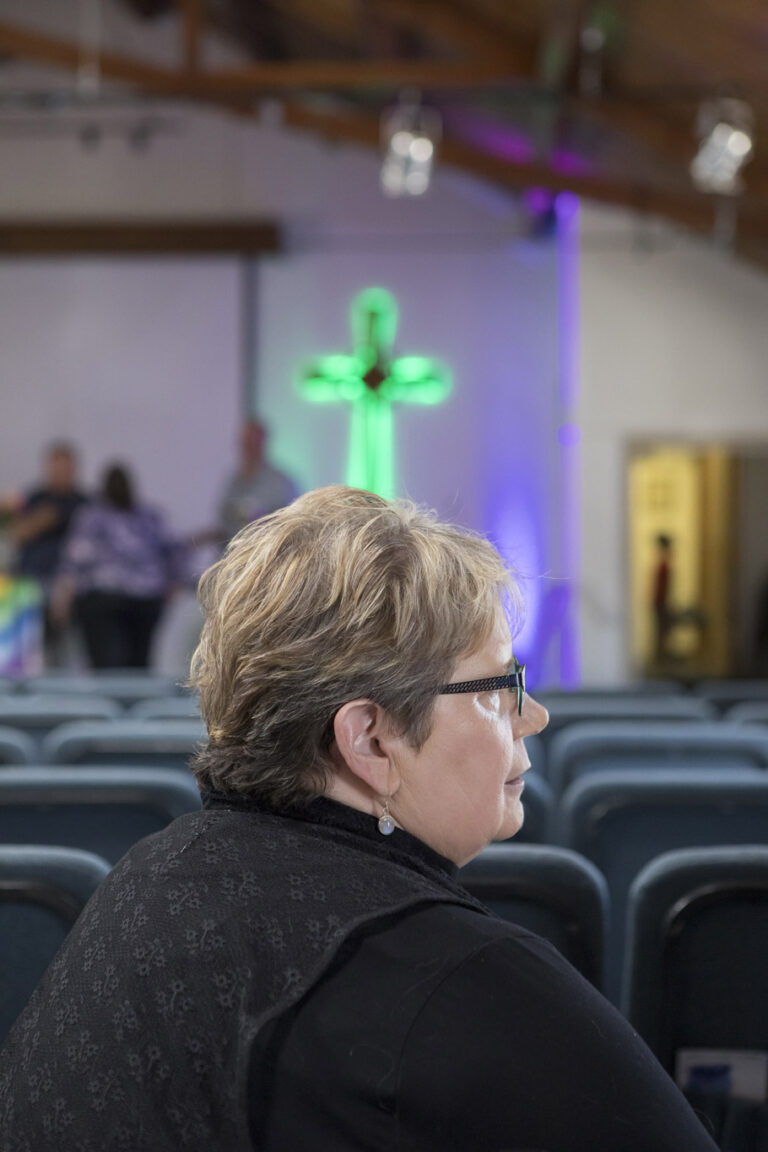
Judith Maynard
Eric Williams Photography
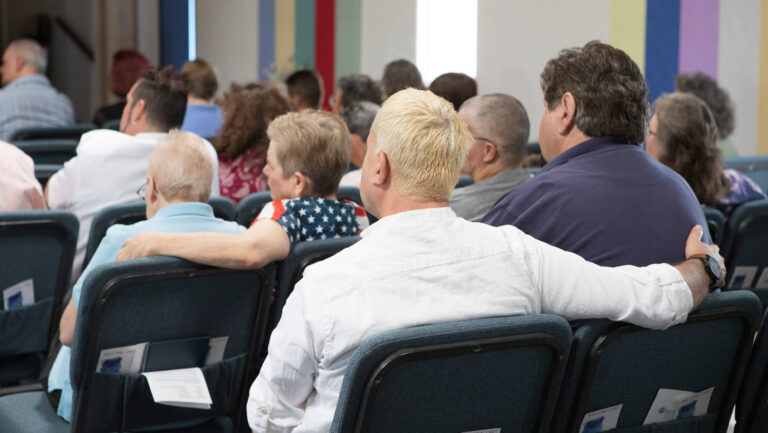
Eric Williams Photography
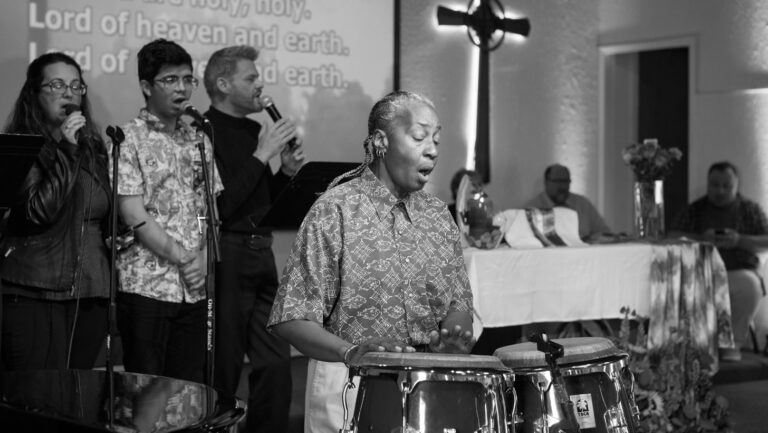
Eric Williams Photography
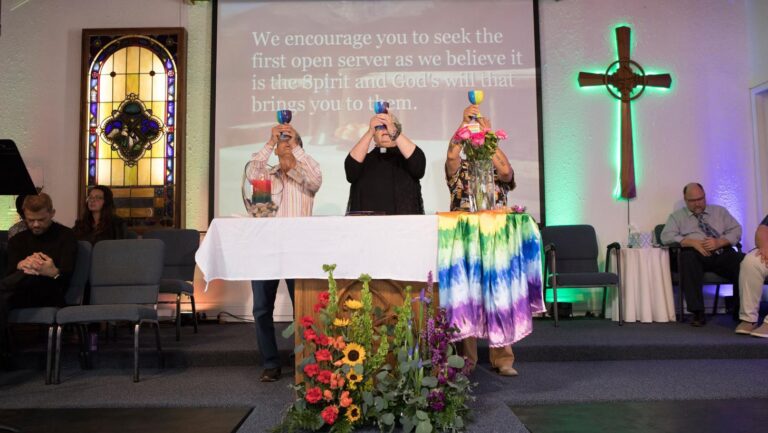
Eric Williams Photography








